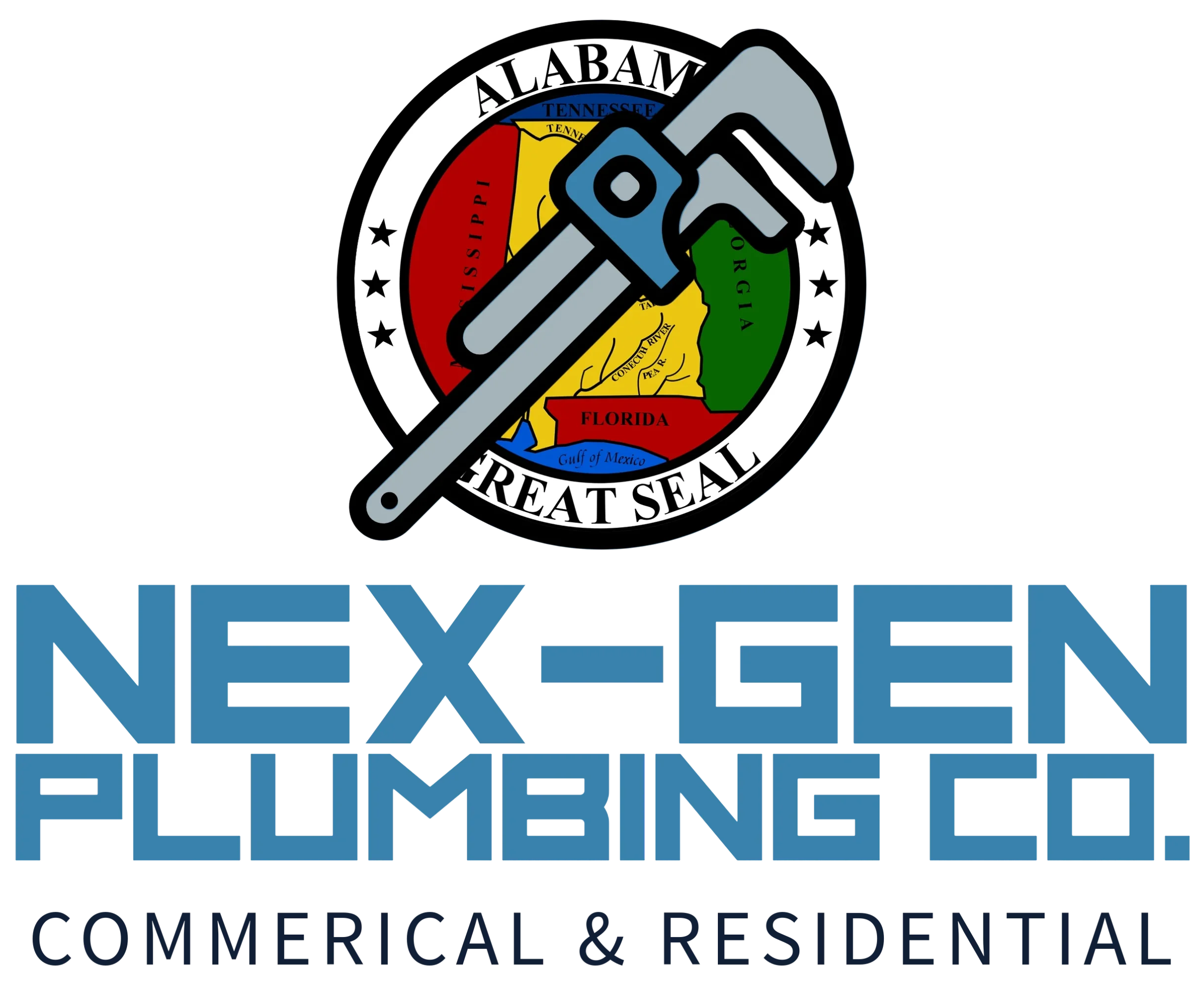Backflow testing is one of the most important, yet often overlooked, aspects of maintaining a safe and healthy plumbing system—especially for homeowners and business owners in Warrior, Alabama. Backflow can contaminate your water supply with hazardous substances, including pesticides, bacteria, and industrial fluids. A properly functioning backflow prevention system protects you, your family, and your customers from serious health risks.
In this blog post, we’ll explore what backflow is, why backflow testing matters, and most importantly, when you should schedule a backflow test in Warrior, AL. Whether you own a residential property or manage a commercial facility, this guide will help you stay compliant and ensure safe water quality.
What is Backflow?
Backflow occurs when water flows in the opposite direction of its intended path. Normally, clean water travels from the municipal supply into your home or business. But if there’s a sudden change in water pressure—such as from a burst pipe, pump failure, or fire hydrant usage—it can cause contaminated water to reverse into the clean supply.
To prevent this, homes and commercial buildings with potential cross-connections are required to install backflow prevention devices, such as a Reduced Pressure Zone (RPZ) valve or Double Check Valve Assembly (DCVA). These devices block contaminants from entering the main water supply.
Why Backflow Testing is Required
Backflow preventers must be tested regularly to ensure they’re working correctly. Over time, mechanical parts can wear out, valves can stick, or debris can clog the system.
In Warrior and most parts of Alabama, local water authorities and state plumbing codes require annual backflow testing for:
- Commercial properties
- Multifamily housing
- Homes with irrigation systems
- Properties with fire sprinkler systems
- Industrial facilities or restaurants
- Medical offices and clinics
Regular testing ensures the device is functioning as intended and helps avoid hefty fines, potential water shutoffs, or liability issues if contamination occurs.
When to Schedule a Backflow Test in Warrior, AL
If you live or operate a business in Warrior or nearby areas such as Gardendale, Kimberly, or Blount County, here are the ideal times to schedule your backflow testing:
1. Annually – It’s the Law
In most cases, Warrior-area homes and businesses with backflow prevention devices are required by law to test them at least once per year. The best time to do this is early in the year, before irrigation systems are activated in the spring.
Municipal water authorities typically send a reminder or letter about the due date. But don’t wait for the city to notify you—make it a habit to schedule your test every 12 months. If you’re unsure of your last inspection date, Nex-Gen Plumbing Co. can help you check your records and stay compliant.
2. After Installing a New Backflow Preventer
If you’ve just installed a new irrigation system, sprinkler setup, or commercial water supply system, you’ll need to schedule a certified backflow test right after installation. This ensures the device is working correctly and documents your compliance from the start.
You’ll also need a certified report to submit to the city of Warrior or the local water authority, which Nex-Gen Plumbing Co. can provide for you.
3. After Repairs or Service to the Device
If your backflow preventer has been repaired, replaced, or serviced for any reason, it should be tested immediately after the repair. Even small repairs—like replacing a check valve—can affect the device’s performance. Testing ensures the repair didn’t cause a new problem and that water is still flowing correctly.
4. Before Starting Up Irrigation in Spring
Spring is when most homeowners in Warrior and nearby towns like Hayden and Morris turn on their sprinklers for the season. Before you do, schedule a backflow test to ensure your irrigation system won’t accidentally introduce fertilizers, chemicals, or bacteria into the public water supply.
This is especially important if you use fertilizers or lawn chemicals near sprinkler heads.
5. If You’ve Had Changes to Water Pressure
If you’ve recently experienced:
- Low water pressure
- Pipe bursts
- Local water main breaks
- Major plumbing work
- Nearby hydrant flushing
… it’s a good idea to have your backflow device inspected and tested. Pressure changes can cause back-siphonage or backpressure, putting your water at risk for contamination.
6. When Selling or Buying a Property
If you’re buying or selling a home or commercial building in Warrior, AL, backflow testing is often part of the inspection process—especially if the property has an irrigation system or fire protection system. Make sure the device is tested and documented as part of the due diligence.
Buyers: ask for proof of recent backflow testing. Sellers: schedule it in advance to avoid delays during the transaction.
What Happens During a Backflow Test?
A certified plumber, like one from Nex-Gen Plumbing Co., will:
- Turn off water flow and inspect the backflow preventer.
- Use calibrated testing equipment to verify pressure and valve operation.
- Check for leaks, valve failures, or faulty seals.
- Complete the required backflow test form for submission to your local authority.
The entire process usually takes 30 to 60 minutes and doesn’t disrupt water service for long.
How Much Does Backflow Testing Cost in Warrior?
The cost of backflow testing varies based on the type of device and your location. On average, homeowners can expect to pay $75–$150, while commercial properties may cost more due to larger or multiple devices.
Nex-Gen Plumbing Co. offers affordable rates and reminder scheduling so you never miss a required test.
Need Backflow Testing in Warrior, AL?
Backflow prevention is essential to keeping our community’s water safe. Don’t risk a fine, water contamination, or costly plumbing repairs by ignoring it. Whether you need your annual backflow test, emergency repair, or help identifying your device, Nex-Gen Plumbing Co. is ready to assist.
We proudly serve Warrior, Kimberly, Gardendale, Morris, Blount County, and surrounding areas in Central Alabama.

